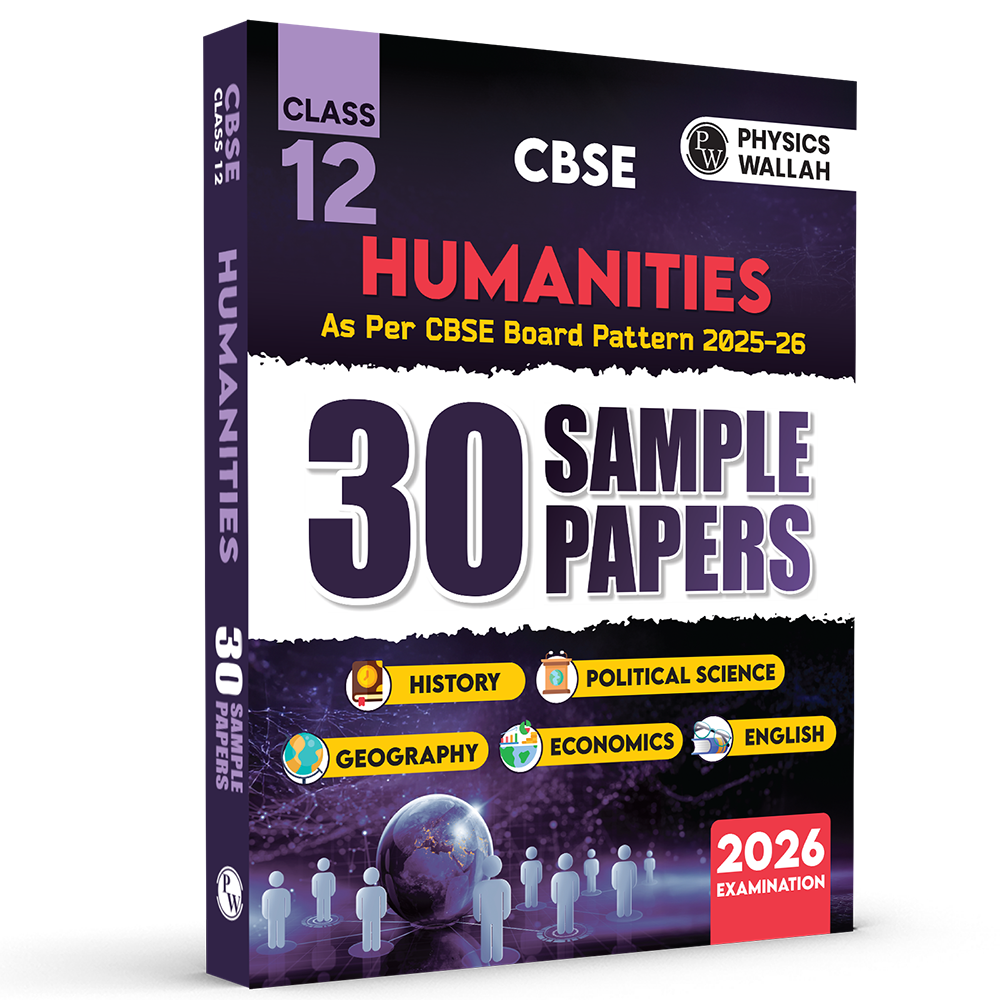CBSE Class 12 Economics Important Questions for Board Exam

CBSE Class 12 Economics Important Questions for Board Exam:- The CBSE Class 12 Economics exam is set to be held on 19 March 2025, Wednesday. With the date approaching, it is time for students to sharpen their preparation and focus on revising and understanding key topics. While studying from textbooks is important, relying solely on them may not be enough at this stage. To perform well in the exam, students should start practising additional resources such as sample papers, previous years’ question papers, and mock tests.
These resources are very important for understanding the question pattern and improving time management during the exam. However, practising CBSE Class 12 Economics important questions can also help students cover key areas that might appear in the paper. Solving these questions not only boosts confidence but also highlights areas where more effort is needed. Check out the below article for some important questions for class 12 economics.
Check out: Commerce Class 12th Books
CBSE Class 12 Economics Important Questions for Board Exam
Question 1: Define stocks. (Delhi 2016)
Or
Give meaning of stock variables. (Delhi (C) 2013)
Or
Define stock variable. (Delhi 2012; All India 2011)
Answer: Stock variables are defined as any quantity measured at a particular point of time. e.g. number of machines in a plant on 31st March amount in the bank account on 1st July.
Question 2: Define flows. (All India 2016)
Or
Give meaning of flow variables. (Delhi (C) 2013)
Or
Define flow variable. (All India 2012; Delhi 2011)
Answer: Flow variables are defined as any quantity measured per unit at a particular period of time, e.g. income or expenditure over a time period of one month or one year.
Question 3: Give the meaning of capital goods. (Delhi (C) 2014)
Or
Define capital goods. (Delhi 2012; All India 2010)
Answer: The goods which are repeatedly used in the process of production are known as capital goods. They are the fixed assets of the producer, e.g. building, plant and machinery etc. They help to convert intermediate goods into final goods.
Question 4: What is the meaning of human capital formation? Explain with the help of an example.
Answer: Human capital formation is a process which converts human resources into human capital. It is the process of acquiring and increasing the number of people who have the skills, education and experience which is necessary for the economic development of the country.
For example, if in the year 2014, the number of doctors and engineers in our country were 4,50,000 and in the year 2015, their number grew to 5,00,000, then it can be said that there is human capital formation to the extent of 50,000 doctors and engineers.
Check out: Class 12th Sample Papers Books
Question 5: State the importance of studying the worker population ratio.
Answer: It is important to study the worker population ratio because it gives an insight on the employment situation of the country.
Question 6: Who is a casual wage labourer? (NCERT)
Answer: Those people who are not hired by their employers on a regular/permanent basis and do not get social security benefits, are said to be casual workers/ labourers, e.g. Construction workers.
Question 7: Who are hired workers?
Answer: Those people who are hired by others and are paid wages or salaries as a reward for their services are called hired workers.
Question 8: Why is employment an important component of the Indian development policy?
Answer: Employment is considered important in the Indiari development policy because of the following reasons
-
More employment will lead to a higher level of national income since production and employment are directly related.
-
Employment is crucial to the removal of poverty.
Question 9: Explain the terms labour supply, labour force and workforce.
Answer: Labour supply: It refers to the number of persons willing to work at different wage rates. It depends upon the existing wage rate and is measured in terms of man days. Labour force It refers to the number of persons actually working or willing to work. It does not depend upon the wage rate and is measured in terms of number of days.
Workforce: It refers to the number of persons actually working. This measure does not include those persons who are willing to work but are not getting work.
Question 10: Why was the Central Pollution Control Board (CPCB) set up?
Answer: In order to address three major environmental concerns in India, viz water, air and land pollution, the government set up the Central Pollution Control Board (CPCB) in 1974.
Check out: CBSE Class 12 Indian Economic Book
Practising CBSE Class 12 Economics with PW Important Questions
The PW Question Bank is a highly effective resource for students preparing for the CBSE Class 12 Economics exam. It provides a comprehensive collection of Economics important questions, carefully designed to cover all critical areas of the syllabus. Key topics such as Indian Economic Development, National Income and Related Aggregates, Government Budget and the Economy, and Money and Banking are included to ensure students have complete coverage of essential concepts.
The question bank focuses on important questions for Class 12 Economics, helping students identify and practise areas most likely to appear in the board exam. Practicing these questions improves understanding of challenging topics like Balance of Payments, Income Determination, and Market Equilibrium, while also enhancing time management and analytical skills. Click the link below to get more questions for CBSE Class 12 Economics Important Questions for Board Exam.
Study Tips on CBSE Class 12 Economics
-
Focus on Important Chapters and Topics
Start by revising chapters that carry more weight in the exam. Topics such as National Income and Related Aggregates, Money and Banking, Indian Economic Development, and Government Budget are very important. Make sure you understand the main concepts in these topics, as they are likely to form a significant part of the exam. -
Practise Past Papers and Sample Questions
Solving previous years’ question papers and CBSE sample papers is very helpful. These papers give you an idea of the type of questions to expect and help you focus on important questions for Class 12 Economics. Practising these regularly can improve your understanding and speed. -
Learn to Draw Diagrams and Graphs
Diagrams like the Demand and Supply Curve, Market Equilibrium, and Circular Flow of Income are often required in exams. Practise drawing them neatly with proper labels, as they make your answers more organised and can earn you extra marks. -
Revise Formulas and Key Points Often
Economics involves several formulas, such as those for GDP, GNP, and Balance of Payments. Create a list of these and revise them regularly. Revising important concepts and terms also helps with quick recall during the exam. -
Take Mock Tests to Improve Speed
Regular mock tests under timed conditions are essential. They help you practise completing the paper on time and identify any weak areas.
Class 12 Economics Important Questions FAQs
-
What is the right way to prepare for Class 12 Economics?
Focus on understanding key concepts, practising diagrams, solving previous years’ question papers, and revising formulas regularly. -
Which chapters in Class 12 Economics are the most important for the exam?
Key chapters include National Income and Related Aggregates, Money and Banking, Government Budget, and Indian Economic Development. These chapters often carry a higher weight in the exam. -
How can I score full marks in the numerical questions?
To score full marks in numerical questions, make sure you understand the formulas and practise solving problems regularly. Always write the formula first and ensure all steps are clearly shown. -
Are diagrams important in Economics exams?
Yes, diagrams are very important. Questions on topics like Market Equilibrium and Circular Flow of Income often require diagrams. Ensure they are neatly drawn, labelled, and relevant to the question. -
How can I manage time during the exam?
Divide your time wisely for each section, starting with questions you feel confident about.










